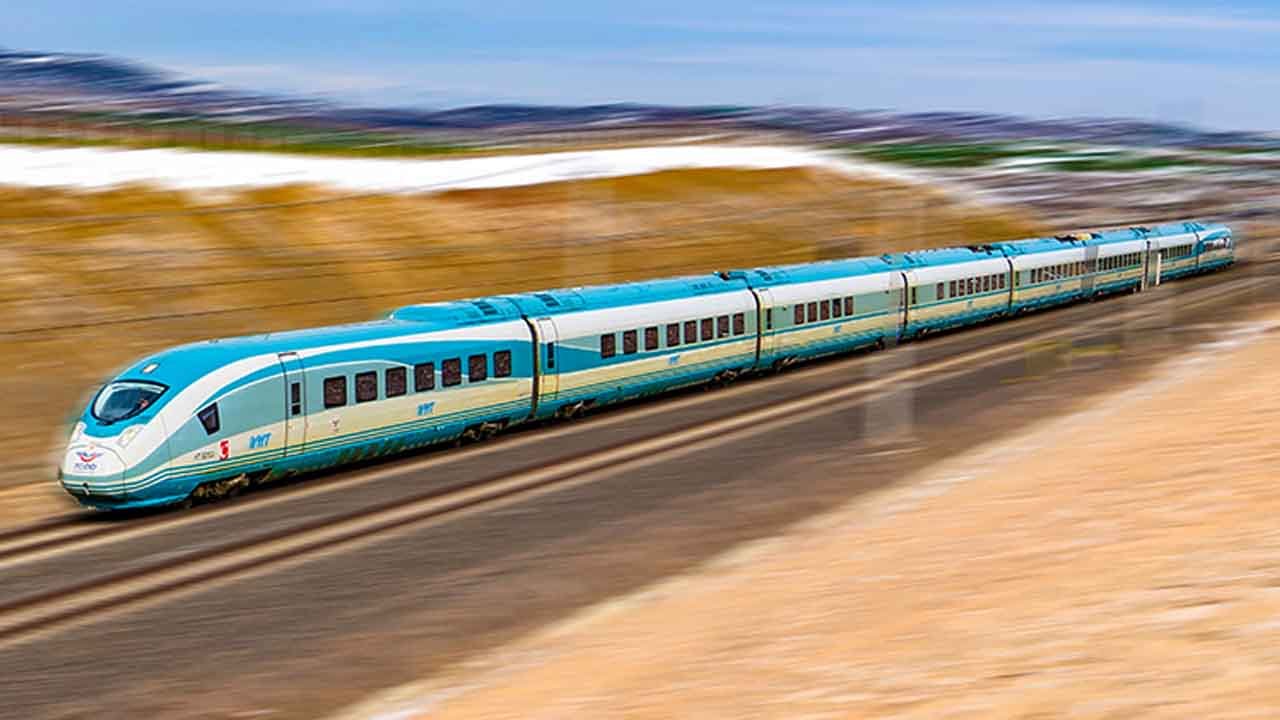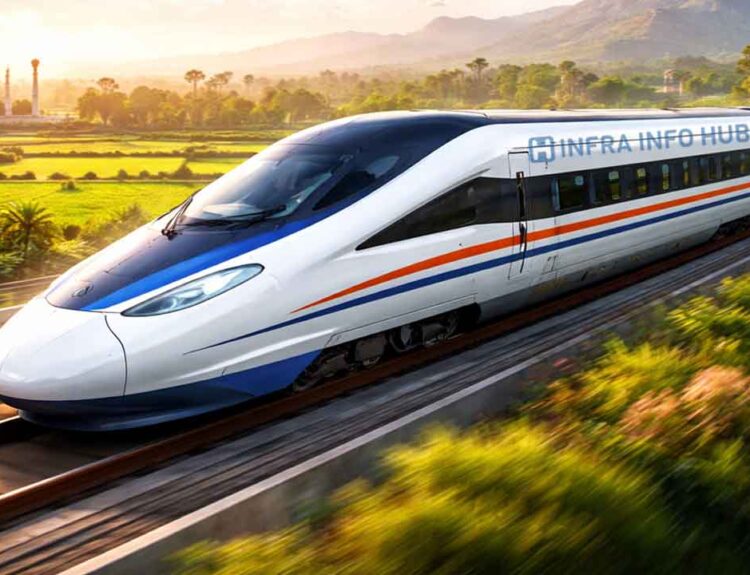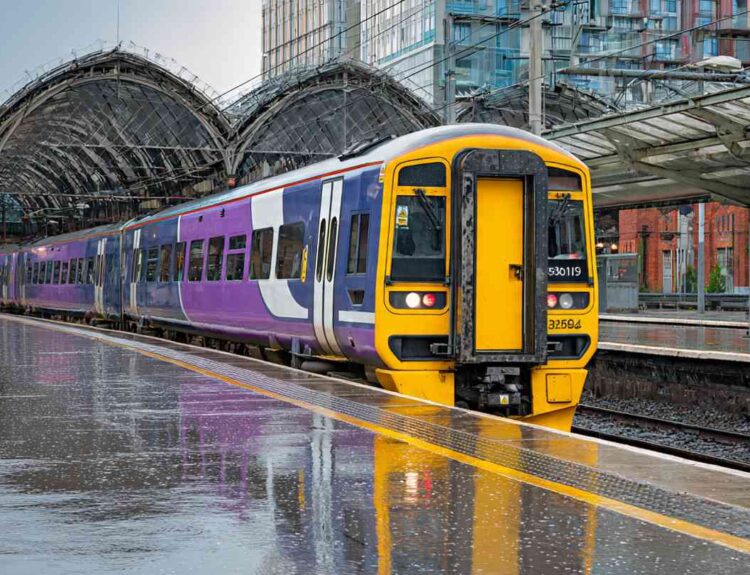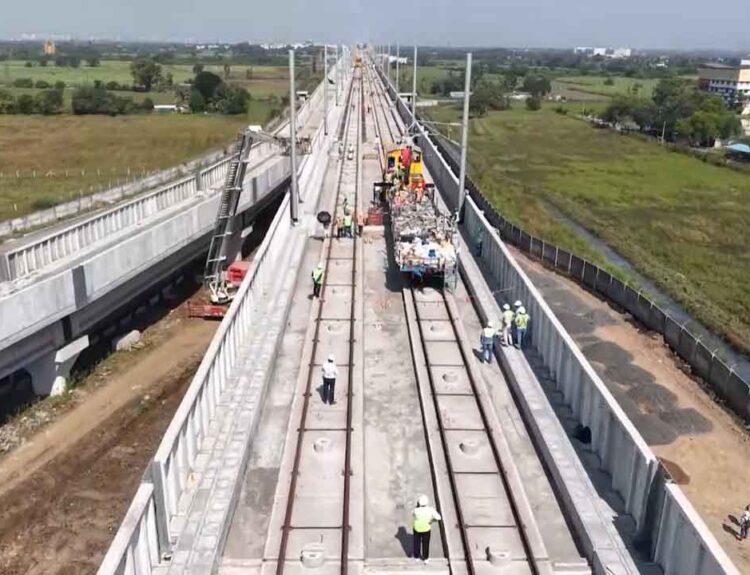Turkey took an important step in the development of its transportation infrastructure when a new high-speed train line connecting Istanbul to Sivas (Turkey’s Central Anatolian city) was inaugurated. This momentous occasion is a major leap forward in Turkey’s efforts to modernize its rail network and increase connectivity across the country.
On Saturday (May 4), Turkey inaugurated a new High-speed train line connecting Istanbul with the central Anatolian city of Sivas. This is an important step in developing the country’s transport infrastructure.
The Istanbul-Sivas rail link will cover a distance of about 700 km (430 miles), with each train carrying 483 passengers, a state Anadolu agency reported.
At the opening ceremony in Istanbul, Deputy Minister of Transport and Infrastructure Osman Boyraz stressed Turkey’s strategic importance in international freight and passenger transportation.
The Boyarız reflected Turkey’s $57 billion investment in building and modernizing its railway network over the past 22 years. These investments have increased the country’s railway length from 10,948 km to 13,919 km (2,251 km high-speed).

Turkey’s first high-speed rail line, connecting the capital Ankara to Eskisehir, opened in 2009. In 2014, the line was extended to Istanbul, making it an extensive route of 533 kilometers. In particular, sections of the Ankara-Istanbul line were built in cooperation between Chinese and Turkish companies, which shows global cooperation in Turkey’s infrastructure development.
China Railway Construction Corporation, China National Machinery Import and Export Corporation, and two Turkish firms built parts of the Ankara–Istanbul line.
According to Boyraz, high-speed trains have transported 85 million people since 2009.
The opening of the Istanbul-Sivas high-speed rail link is an important achievement for Turkey, demonstrating the country’s commitment to promoting modern, efficient, and sustainable transportation solutions for its citizens and visitors. This effort is important in promoting economic growth, tourism, and regional integration as Turkey prioritizes infrastructure development and increased connectivity.










